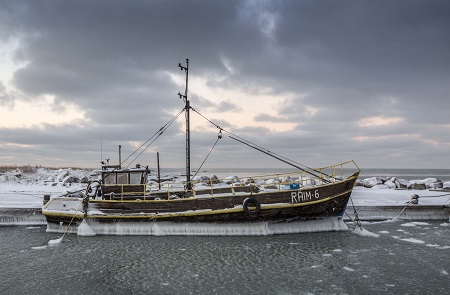The purpose of the convention is to protect the whale populations

The International Convention for the Regulation of Whaling aims to protect whale populations and ensure the sustainability of whaling. The convention was signed and entered into force in 1946 in Washington. Estonia acceded to the convention in 2008. As at 2022, 88 countries have acceded to the convention [1].
The International Whaling Commission (IWC) has been established to implement the convention. Its role is to monitor and, if necessary, supplement or improve the global measures that regulate whaling. For example, fishing for certain species may be completely banned or whale sanctuaries may be established. Limits are set on the number and size of whales to be caught, and times and places when catching is allowed are determined. Catching pregnant and nursing whales is prohibited. The Whaling Commission also prepares catch reports and statistical and biological reports. The commission coordinates and funds whale research.
In 1982, a moratorium on whaling was introduced. It was originally intended as a temporary break in commercial whaling until a mutually satisfactory whale management plan could be drawn up and approved, based on sound scientific data and taking into account other aspects, such as control and monitoring, humanity of killing methods, etc. Such a plan has not yet been approved and implemented. Today, whaling for commercial purposes is prohibited.
As Estonia does not engage in whaling, we are not required to report on compliance with this convention. The contact point of the convention in Estonia is the Ministry of the Environment.
Last modified: 29.06.2022
_________________________